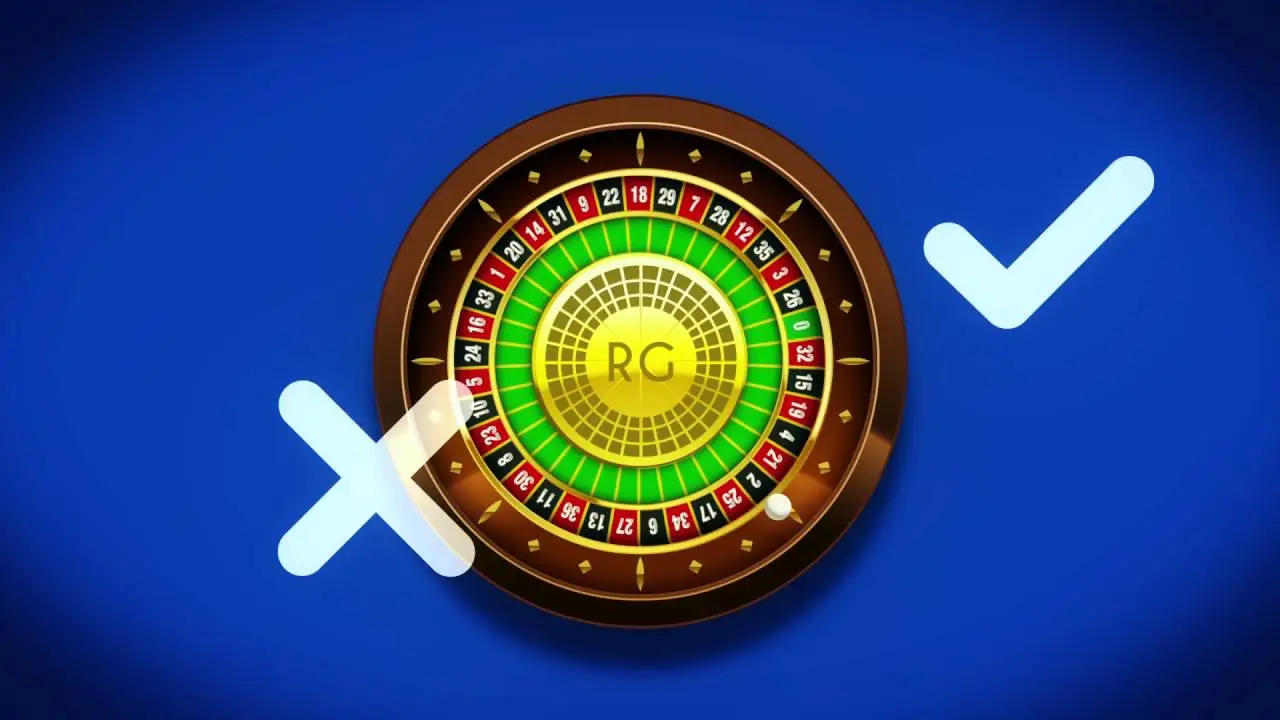The rapid development of digital assets has influenced the gambling industry. The emergence of online casinos based on cryptocurrency has opened access to more transparent and anonymous transactions.
Understanding how crypto casinos operate helps to grasp the role of blockchain, smart contracts, and popular currencies including Bitcoin, Ethereum, and other tokens. Distributed ledger technologies enable control over operations, reduce fees, and ensure a high level of security.
Technological Foundation: What Are Crypto Casinos and How Do They Work?
Decentralization is at the core of cryptocurrency platforms. All transfers are recorded in the blockchain, making them immutable and verifiable.
Understanding how crypto casinos work provides insight into how intermediaries are eliminated and the reliability of operations is enhanced. Embedded smart contracts automatically execute deal conditions, including awarding winnings and processing bonuses.
The Role of Bitcoin and Ethereum in Transactions
The two most popular currencies, Bitcoin and Ethereum, play a key role in shaping the infrastructure of crypto casinos. The former is valued for global recognition and network stability, while the latter is appreciated for its flexibility and support for smart contracts.
Understanding how crypto casinos operate helps to comprehend how the choice of currency affects payout speed, fee levels, and the availability of certain functions.
Advantages of Using Cryptocurrencies
Cryptocurrency casinos offer several significant advantages compared to traditional platforms. Among the main benefits are:
- high anonymity due to the absence of storing banking data;
- accelerated transactions thanks to direct interaction with the blockchain;
- lack of intermediaries, reducing fees and simplifying transfers;
- bonuses for using digital currencies and increased deposit limits;
- open data on RTP and smart contracts for verifying the fairness of draws.
Leveraging these advantages enhances comfort and transparency in interacting with the platform.
Regulation, Licensing, and User Trust
Regulation remains a key issue when analyzing how crypto casinos operate. Licensed platforms undergo independent audits, publish data on game fairness and payout transparency.
At the same time, licensing confirms the operator’s reliability and enhances security levels, allowing users to choose verified and regulated services.
Verification and Confidentiality Protection
Some operators require identity verification when dealing with large deposits or withdrawal requests.
Studying how crypto casinos operate reveals that data verification is conducted to protect against fraud while maintaining transaction anonymity. Multi-level encryption, two-factor authentication, and other tools are applied to ensure the security of personal information.
Possible Risks and Limitations
Despite the advantages, cryptocurrency casinos have specific features that need to be considered:
- high volatility of digital asset prices affecting the final payout amount;
- lack of unified international regulatory standards;
- increased risks when choosing unlicensed platforms and platforms without open data;
- possible transaction delays during blockchain network congestion;
- restrictions in some regions on using popular cryptocurrencies.
Understanding the risks helps in making informed decisions when selecting a platform.
How to Choose a Crypto Casino?
Before registering, it is important to assess key platform parameters that affect its reliability and functionality:
- presence of a license and transparency of rules;
- open statistics on RTP and independent algorithm verification;
- commission size and transaction speed;
- available currencies, including Bitcoin, Ethereum, and other tokens;
- quality of technical support and interface convenience.
Analyzing these factors helps in selecting a secure and technologically reliable platform for working with cryptocurrencies.
Payout Structure in Cryptocurrency Casinos
Using blockchain allows processing transfers directly without intermediaries. Understanding how crypto casinos operate helps to realize that the commission size is determined solely by the chosen network.
The time for funds to be credited depends on blockchain congestion and the chosen currency, while smart contracts eliminate delays and ensure transparency at each step.
Smart Contracts and Process Automation
Understanding how crypto casinos operate is incomplete without analyzing the role of smart contracts. Automated algorithms manage payouts, bonus allocations, and bet processing.
All conditions are pre-set and executed without human intervention, eliminating the risk of delays or manipulation by operators. Using such technology enhances trust in platforms and strengthens their fairness.
Variety of Currencies and Their Impact on Transactions
The development of cryptocurrency technologies has expanded the possibilities for depositing and withdrawing funds. In addition to Bitcoin and Ethereum, stablecoins and low-volatility altcoins are increasingly being used.
The choice of currency directly affects fees, transaction speeds, and available limits. Some platforms offer flexible settings for managing rates and provide favorable conditions when using popular tokens.
The Future of Crypto Casinos and Innovations
The industry is actively evolving and gradually integrating with the Web3 ecosystem. The use of decentralized applications and integration with DeFi services open up new possibilities for balance management, bonus allocation, and transaction fairness verification.
Analyzing how crypto casinos operate suggests that industry development will lead to decentralization and the elimination of intermediaries, making the system maximally transparent and fast. However, when choosing, it is important to consider both the pros and cons of crypto casinos listed above!
Conclusion
The development of digital currencies has changed the rules of the gambling industry. A deep understanding of how crypto casinos operate helps to assess the advantages of Bitcoin, Ethereum, and other tokens, as well as the possibilities of blockchain and smart contracts.
Checking the license, studying fees, and evaluating bonus conditions create the foundation for safe and transparent work with crypto platforms!
 en
en  de
de  ar
ar  es
es  hi
hi  fr
fr  nl
nl  it
it  pt
pt  el
el 









